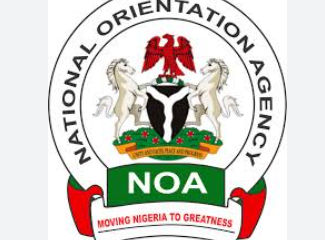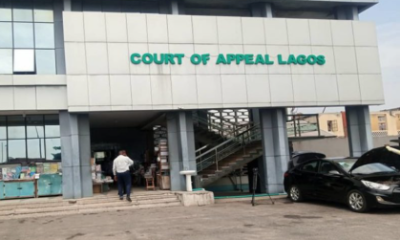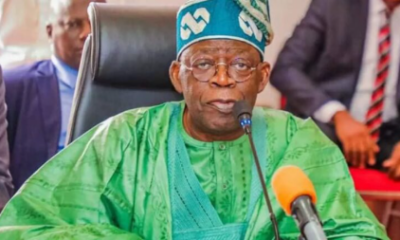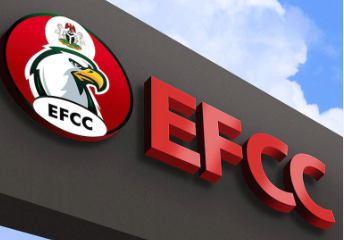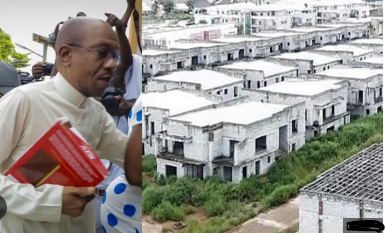The Central Bank of Nigeria (CBN) has threatened to sanction banks engaging in illegal sales of foreign exchange as the Naira crashed to an all-time low of N950 to a Dollar at the parallel market last weekend.
This was made known by the acting CBN Governor, Folashodun Shonubi, while delivering a lecture titled, “Diaspora Remittances and Nigerian Economic Development”, in Abuja.
He alleged that deposit money banks are diverting most of their forex to the unofficial foreign exchange market rather than selling to their customers thereby fueling the scarcity of FX in the official market.
Shonubi at the event announced the formation of a commission to pay unscheduled visits to banks accused of unlawfully selling dollars.
“We need to name and shame commercial banks involved in such malpractices.’’
READ ALSO: Insider loan: CBN issues new directives to banks
The acting governor also emphasized the shortcomings of the present remittance system, in which he estimated that the cost of transferring money to Sub-Saharan Africa from the diaspora at about 8–9% of every $100, which is described as the highest in the world.
He, however, noted that Nigeria received about $16.7 billion in remittances, with the vast majority of the money outside the official foreign exchange market.
“We are working hard to encourage individuals to bring money into the formal sector rather than relying on informal channels, which have become difficult to manage.’’
The CBN boss noted that despite efforts to induce individuals to engage in formal market transactions by granting a N5 refund through its Naira 4 Dollar scheme, the policy was still ineffective prompting the N5 rebate to be discontinued.
READ ALSO: CBN releases consolidated financial statements after seven years
He, however, still acknowledged the usefulness of incentives in attracting people to the formal market.
“We will rename the foreign exchange market, known as the I & E market, to the Nigerian Foreign Exchange Market, as it is the sole market we acknowledge.”
The Commandant of the National Institute of Security Studies, Ayodele Adeleke, emphasized the relevance of the lecture series in extending the country’s awareness of security concerns. He stated that the series was one of the tactics embedded in the mode of the 10-month course to promote and give a focal point for the programme.
Shonubi attributed the crash of the naira against the dollar and its inability to manage the foreign exchange market to the diversion of diaspora remittances to unofficial markets like the parallel.
He explained that many diaspora remittances came to Nigeria in dollars and were not documented officially, as they end up in the parallel market.
He also noted that the challenge with the unofficial market or parallel market is that because it is not regulated, it becomes an easy place to have criminal activities.

 Health5 days ago
Health5 days ago
 Entertainment7 days ago
Entertainment7 days ago
 Crime5 days ago
Crime5 days ago
 Education7 days ago
Education7 days ago
 Health7 days ago
Health7 days ago
 Comments and Issues6 days ago
Comments and Issues6 days ago
 Football6 days ago
Football6 days ago
 Latest6 days ago
Latest6 days ago


